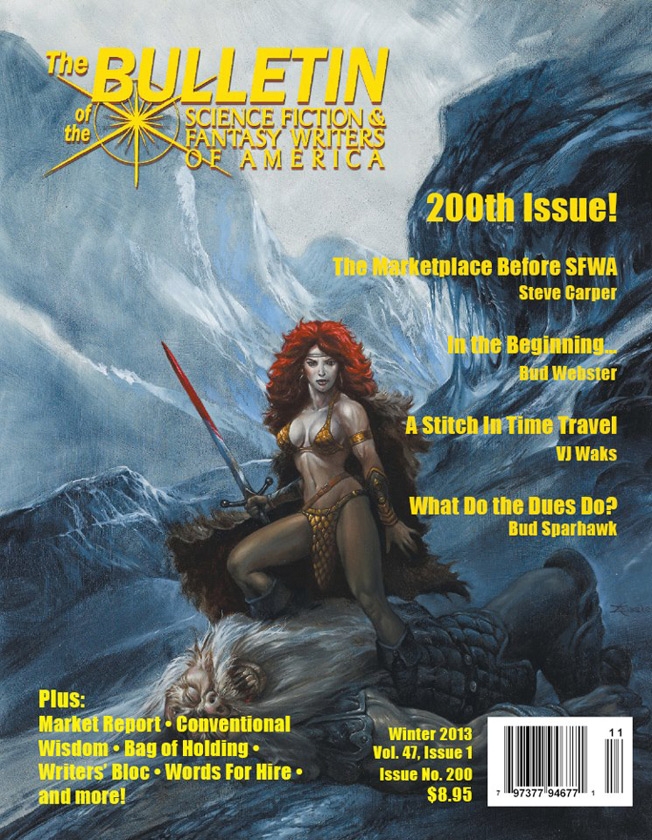I'm pleased to interview Andy Hollandbeck (@4ndyman) today on Landless. Andy is a friend of mine on Twitter, one of those kindred spirits who appreciates a good grammar joke, although we often disagree about the Oxford comma. More importantly, he's just come out with a new collection of short fiction and poems, "Seasonal Work". Much to my surprise, when I got my hands on a copy and started reading, I found myself listed in the Acknowledgements section. How could I NOT bring Andy around to ask him about the book?
*~*~*
First, tell everyone a bit about yourself.
I’ve been blogging since 2006, writing fiction since the
1980s, and reading books for as long as I can remember. I live and work in
Indianapolis with my two sons (both geniuses and bibliophiles). Like the
greatest writers in our language, I have a bachelor degree in music, I’m
left-handed, and I always come up with a third thing.
This book is a collection of material from your blog and from a writing
group. What was the impetus to collect them as a book?
This is going to sound like ego-stroking, but it’s true:
Becoming a published author has been a dream of mine since the early nineties,
but it wasn’t until you, Tony, published
"Blood Picnic" that I really considered putting out a short story collection.
(1) You
had some gripes about the whole process, but on the whole, you didn’t seem to
regret the decision. I asked myself, “Why shouldn’t I do that?” and never came
up with a satisfactory answer. So I just did it.
It helped, too, that when I floated the idea out there in
the ether (that is, on Twitter), I got a lot of encouragement from my writer
and editor friends.
How much reworking did each piece get?
For the most part, everything got a standard copy editing
pass: tightening up the prose, cutting clichés, occasionally rewording a phrase
to make it sound better. Generally speaking, the older a story was, the more
editing it required.
Some of the stories —
“Asking,” for example —
got more attention based on feedback from my critique group. On the whole,
though, the changes I made were all relatively small.
What was the biggest hurdle in bringing this collection to publication?
My first thought was to say self-doubt, but that isn’t really true. Once I decided that, yes, I
was going to do this, I somehow managed to suppress that self-doubt and just
keep going.
So I guess the main hurdle was deciding when the collection
was done. I published this a few months after I had originally intended because
I kept finding things to futz with —
story order, the cover image (which, let’s face it, is inessential),
acknowledgments, those little explications after each story.
That self-doubt grabbed hold of me again right at the end,
though, when it was time to pull the trigger.
Did you do it all yourself? All the organization, editing, formatting,
etc.?
Maybe eight or ten of the stories went through the critique
process with my writing group. Pulling everything together, though, was all me.
I come from a print publishing background, and formatting for Smashwords is
similar to preparing a book for print, so it wasn’t terribly difficult.
The cover image was mine, too. I had an idea of what I
wanted — an
all-American, Main Street storefront with a “Hope Wanted” sign in the window — and I got lucky when I
found As-Is Antiques in Morgantown, Indiana. It had just the right mix of
seasonal items and a hometown feel.
A recurring character is Mark Flyleaf, an agent in the Office of Fictional
Character Placement. Tell me about him.
The seed of Mark’s universe was sowed after I read a section
of Eoin Colfer’s And Another Thing…,which
was supposed to be a continuation of Douglas Adams’s Hitchhiker’s Guide series. Although I didn’t enjoy the book much,
one particularly scene really stuck with me. The scene involves an interview
for the position of God on a new planet. Cthulhu walks in for the interview,
and the resultant interchange is just hilarious.
This wasn’t long after I had read Charles Yu’s How to Live Safely in a Science Fictional
Universe, which had a meta quality that appealed to me both as a reader and
a writer. Throw in a healthy dose of Kurt Vonnegut’s Breakfast of Champions, and it didn’t take long for the character
of Mark Flyleaf to gel.
I really had fun writing about Mark. When I started telling
his story, I had already decided to publish a short story collection, and that
I was going to divide it into four parts for the four seasons. So after I had
written the first two Flyleaf stories, I knew that I had to write two to cap
off each section.
What's next for you?
As far as fiction is concerned, I am simultaneously (and
perhaps ill-advisedly) following two avenues. The first has to do with the Mark
Flyleaf and the response that his stories garnered. I brought his four stories,
two at a time, to my critique group. Normally, we take 20 or so minutes with a
submission, tearing into word choice and foreshadowing and character motivation
— whatever we think
can help improve the story —
as well as finding the parts that we think are good. But when I brought in the
Flyleaf stories, the others in the group literally spent about 5 minutes
talking about my submission and then another 15 minutes coming up with more
interview ideas for Mark:
“You should have Edward Cullen and Count Dracula competing
for the same job!”
“What would an interview with Winnie the Pooh look like?”
“Godot should set up an interview but never show up.”
And then someone said, “You should do a whole book about
this character.”
I’m excited about the possibility, but to do it successfully
requires fleshing out the entire fictional universe and how it works, as well
as creating a through-line to create a unified, book-length story. I’ve been
thinking a lot about what that story would be — specifically about what plagiarism would look like
in his universe —
not to mention who else might show up at his office.
The other avenue is a novel I’m already about 20,000 words
into — a dystopian
novel about rape culture and the devaluation of women set in an
ultra-conservative America that is (I hope) equal parts Margaret Atwood and Philip
K. Dick. Its working title is Life
Begins, but that will probably change.
*~*~*
I enjoyed this book - it was fun and engaging. First choice for getting a copy of it is Smashwords, but it's also available for the Nook at Barnes and Noble, for the Sony reader at Sony.com, for kobo at Kobo Books and for all the Borg Collective's products at iTunes.
*~*~*
(1) No collusion or quid pro quo here. I truly had no idea Andy was going to say this. - Tony
||| Comments are welcome |||
Help keep the words flowing.








